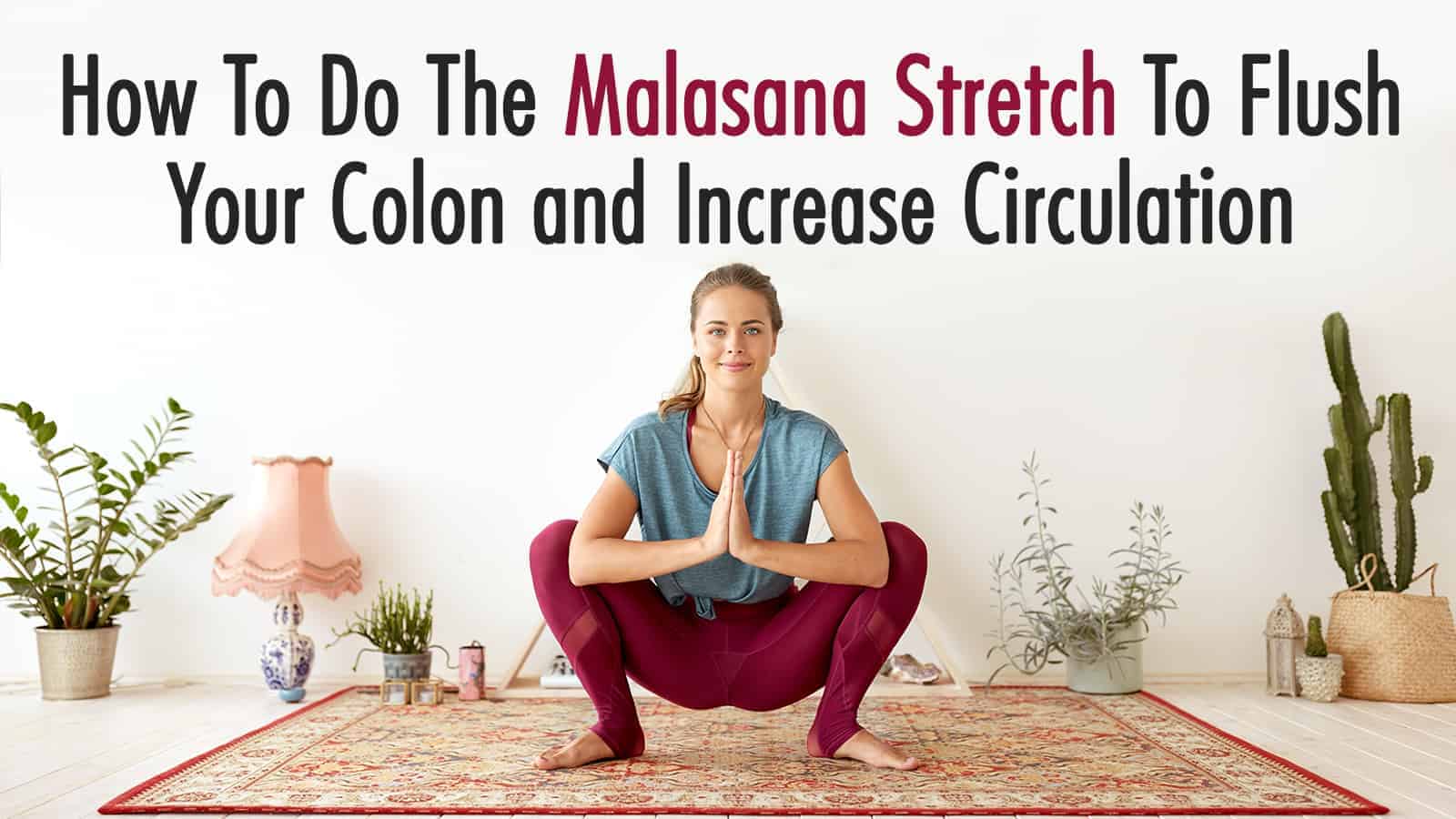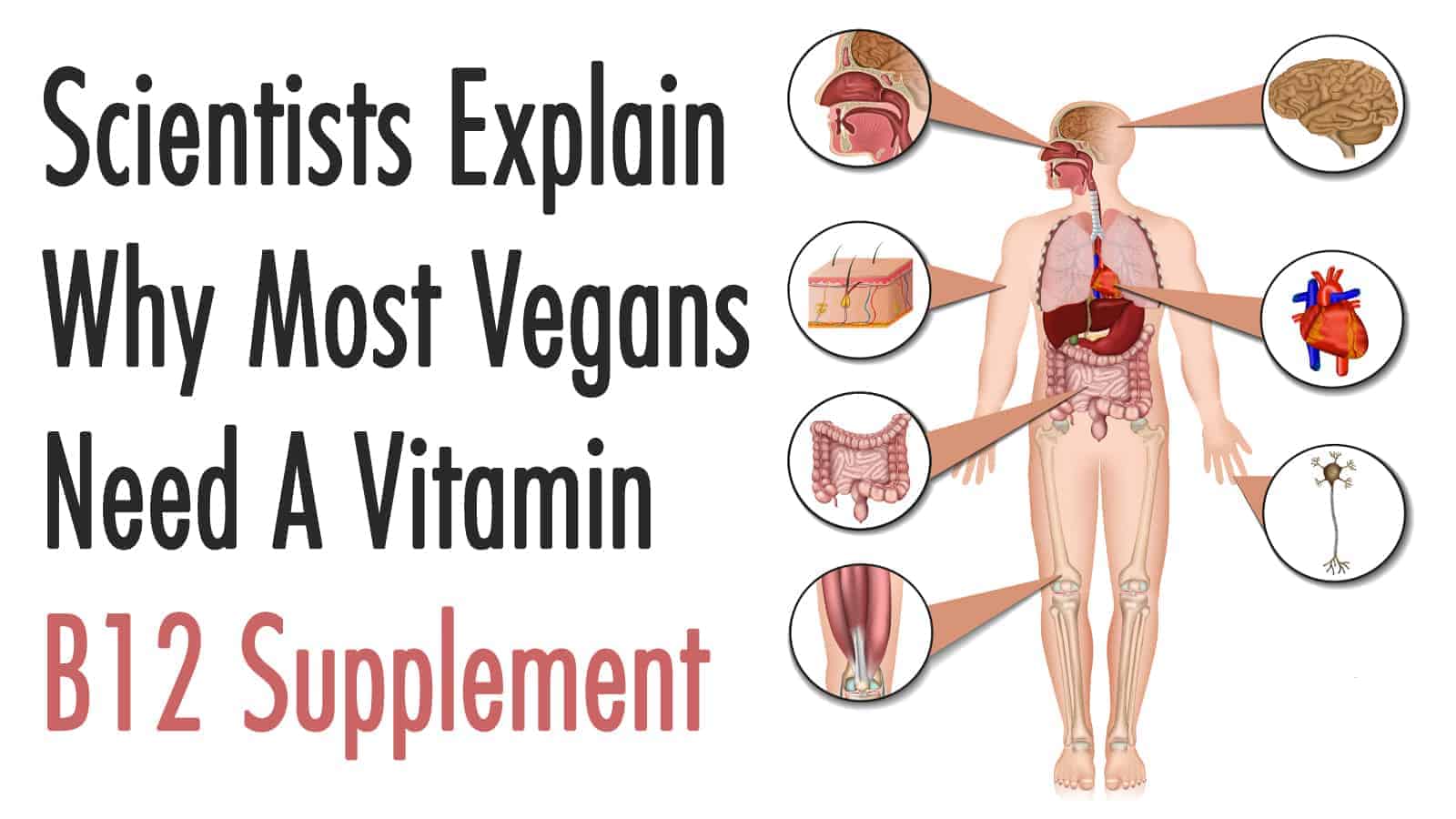Marriage is a serious commitment. In days when divorce rates are at an all-time high, choosing the right life partner to truly go the distance with is difficult. It can make the decision to marry seem that much more daunting and nerve-wracking. So how do you know your partner is worth marrying?
When you’re so close to a situation – or in this case, a relationship – it can be difficult to remain fully objective. You might not see certain warning signs or may not realize that you’re missing some essential components of a long-lasting marriage.
So what truly shows that your partner and your relationship have what it takes to fulfill the vows of “to death do us part”? The answers are actually quite simple, but they might just surprise you. Here are some signs he is worth marrying.
Here Are 7 Signs He Is Worth Marrying

1. Communication Is Excellent
Communication is key in any relationship. Without effective, positive communication, you cannot safely build a relationship or a meaningful partnership that is capable of withstanding the test of time.
A marriage involves two different people, with different ways of seeing the world, different ways of thinking, and different ideas – and the only way to make that work is to really, truly talk. This means that when there is an issue, you and your partner will be happy to talk about it without pretense and with complete honesty.
Of course, communication isn’t just about solving problems. It’s also about closeness and intimacy. It means your partner tells you about their day and asks you about yours, and you both really listen as the other speaks. You can talk about anything, from silly and ridiculous conversations to deep, intellectual discussions.
This also means you are both comfortable going to each other when you have good and bad news, worries and concerns, or new goals and dreams. You’re happy to share everything with each other; if you need boundaries, you make them clear and both respect them. You’re open and honest about your needs and can communicate them with respect.
- A man who is worth marrying will listen to your woes and worries.
- He will value your opinions and your concerns, and truly try to understand what you say and see things from your perspective.
- It goes without saying that you should be doing the same for him.
2. He Is Emotionally and Mentally Mature
Emotional maturity is so important in marriages. It means someone can be honest with themselves, perform introspection, and be real about their feelings without fear of being perceived as weak.
- A mature partner has his own life and doesn’t entirely revolve around you.
- While you are always his number one priority, he has a job and career goals. He has his own set of interests and hobbies.
- He has fulfilling platonic or familial relationships with others.
- He’s always looking to improve himself and gain more knowledge as he goes.
This also means he isn’t caught up in toxic ideas of masculinity. He admits his errors and works on himself, and he understands the difference between being confident and being cocky. If he has some emotional baggage, he isn’t going to use it as an excuse to drag you down. What is more, he knows it’s something he can feel your support for, but must work on himself.
A man worth marrying doesn’t necessarily stop being fun, humorous, or have moments of childishness. But he does know how to strike a balance and when it’s time to be serious. He isn’t driven by impulse, instead being emotionally open and taking on roles of responsibility in a positive way.
3. You Respect Each Other
Two people cannot truly ever be together if they do not respect each other. When you look to your man, you should be able to admire his values, his strength, and his soul, just as he admires and respects yours. You view each other in a beautiful, positive light.
If you find that your partner makes fun of you, belittles you, or speaks negatively about you to his friends, colleagues, or family, he’s not someone you want to spend the rest of your life with. Of course, the same goes for you. You should feel respect for your partner, not seek to bring him down or complain about him to others.
4. He Is Good To Others
Someone who is only kind to you but treats everyone else like garbage is simply not marriage material. Why? Because this means he isn’t truly kind and respectful; he only pretends to be that way around you. Or maybe you inspire him to treat you well, which sounds romantic until you realize that at some point, the cracks are going to start to appear in the facade.
- A good man treats everyone well.
- He is kind to colleagues, friends, and family.
- A good man is equally compassionate to his boss, waiters, cleaners, taxi drivers, and people he looks up to.
- He doesn’t lose his cool on service workers who make mistakes.
A man who is worth marrying is the same person around you as he is when you’re not around. He doesn’t have to put on a nice act around you to get your approval. He doesn’t have to put on a “cool” act around friends to get their approval. He’s a good, kind person, through and through – no deception involved. And you are, too.
5. His Goal In Arguments Is To Reach Understanding
Fights and arguments are a normal part of a relationship, and the odd quibble every now and then is not an indication of a bad relationship. But the way he chooses to handle those arguments says everything.
Many people can get very fiery during fights, and this is where things like pride and ego can get in the way. Someone who becomes blinded by these emotions is often unable to see reason or find a compromise; their focus is on being right or “winning” the argument.
When you and your man are able to put aside pettiness and face an argument respectfully, there’s a good chance he is worth marrying. This doesn’t mean he doesn’t have opinions or that he shies away from conflict. It just means he understands how to disagree and solve problems in a healthy way.
Couples have to be able to solve problems together in order to withstand the test of time. Relationship issues are relatively minor compared to potential tragedies and hard times that may come along further down the marriage. Healthy, positive problem-solving must be a norm in order for a marriage to survive the worst of times.
It’s important for couples to understand that it shouldn’t be Person A versus Person B during arguments; it should be the couple versus the argument. The goal is always to understand each other’s point of view and find a solution that makes both of you happy or is the best for both of you. If you and your partner know this, you’re on the right track.
6. You Can Always Rely On Him
In a marriage, you are each other’s sanctuary. In times of trouble, you know the other person has your back. The same goes for any serious relationship. Erica Curtis, a family and marriage therapist, states that a couple that knows how to cope with difficulties together and trust each other through good times and bad are ready for marriage.
- Think of the worst things life can send your way.
- Can you rely on your partner in these times?
- Or have past experiences taught you that it’s best not to rely on him for more serious matters?
- This differentiates the average relationship for a strong potential marriage.
According to research published in the Journal of Marriage and Family, couples with long-lasting partnerships tend to have similar manners of fighting. This means they handle conflict in the same way, usually by remaining calm and communicating constructively.
So if you and your partner practice a proactive approach with positive thinking to problems, you are more likely to find your way through them together. This is why your partner has to be reliable enough to keep their cool in difficult situations, and you should be, too.
7. You Love Each Other For Who You Are
This should go without saying, but you’d be surprised how many people overlook this seemingly simple rule. You have to love your partner for everything they are, and they have to do the same for you. If you seek to change parts of him and he seeks to change parts of you, it’s going to end in disaster.
Many people say that familiarity breeds contempt. That’s why one of the surest signs that you and your man are meant to be is that you love each other’s quirks. You never use these negative qualities against one another; if anything, those imperfections make you fall even more in love.
According to research, many people are first captivated by appearances, smooth charisma, and even money when first attracted to someone. But the thing that determines a relationship’s longevity is both liking and accepting all the idiosyncrasies each partner has to offer. So if you and your partner embrace the “weirdness” in each other, that’s a sure sign he is worth marrying!
Flaws and imperfections are part and parcel of being human. Of course, there is always room to improve. But talking about harmful behaviors, or the way your partner accidentally hurts you, is different from demanding that they change who they are. Most importantly, the keyword in self-improvement is “self.” You want to grow and become better for no one other than yourself.
If someone can look at your flaws, smile, and say “I love you all the same” – not condoning your flaws, and not condemning them either – and you can do the same for them wholeheartedly, he is worth marrying. Remember, to marry someone, you have to do more than love them … you have to like them, too.
Final Thoughts On Signs He Is Worth Marrying
A healthy relationship is one that can stand trials and tribulations and emerge stronger than ever. In order for that to translate into a long-lasting marriage, you need to be sure you are both ready for the commitment. And of course, this means you need to display these signs, too – not just the man you want to go the distance with.
But even if your partner doesn’t meet the 7 signs he is worth marrying, that doesn’t mean that all is lost. Sometimes, it just means your relationship needs to bloom and mature a little more before you decide to tie the knot. Sit down and talk about these issues with your partner so you’re on the same page. Work together towards being the spouses you both deserve.












